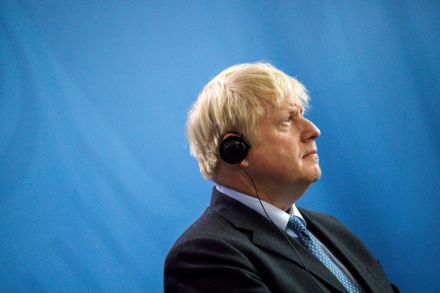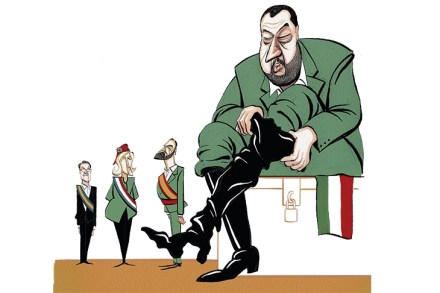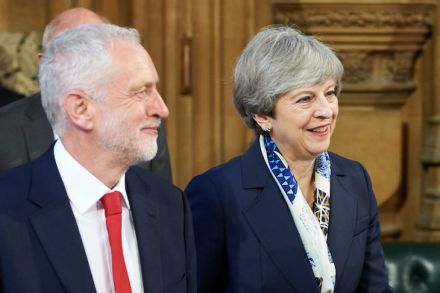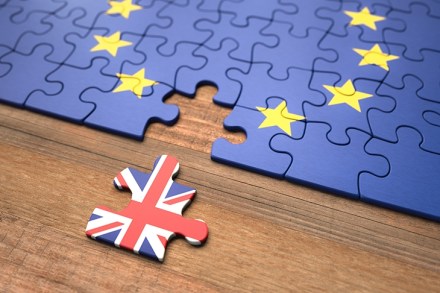The EU has banned a miracle cure for laminitis
Once upon a time, in a country that didn’t run itself, a horse supplement company invented a cure for laminitis. This cure, let’s call it LamiSafe, was like the holy grail of horse-care products because when administered to ponies who previously went lame on lush summer grass, LamiSafe prevented lameness and the pony was suddenly once again able to graze safely. I bought this miracle product after my farrier recommended it and, though sceptical at first, for I have rarely found a supplement of any kind that did what it said on the tin, I was amazed to find that it worked. Gracie, the skewbald pony, was suddenly as sound



















